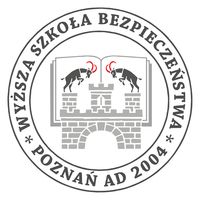Decision theory can be pursued not only for the purposes of building foundations for political economy, or of understanding and explaining phenomena that are in themselves intrinsically interesting, but also for the purpose of offering direct advice to business and governmental decision makers. For reasons not clear to me, this territory was very sparsely settled prior to World War II. Such inhabitants as it had were mainly industrial engineers, students of public administration, and specialists in business functions, none of whom especially identified themselves with the economic sciences. Prominent pioneers included the mathematician, Charles Babbage, inventor of the digital computer, the engineer, Frederick Taylor and the administrator, Henri Fayol.
During World War II, this territory, almost abandoned, was rediscovered by scientists, mathematicians, and statisticians concerned with military management and logistics, and was renamed “operations research” or “operations analysis.” So remote were the operations researchers from the social science community that economists wishing to enter the territory had to establish their own colony, which they called “management science”.
Herbert A. Simon, "Rational decision making in business organizations." Nobel Prize lecture 1978, published in: The American economic review 69(4) (1979): 493-513;

